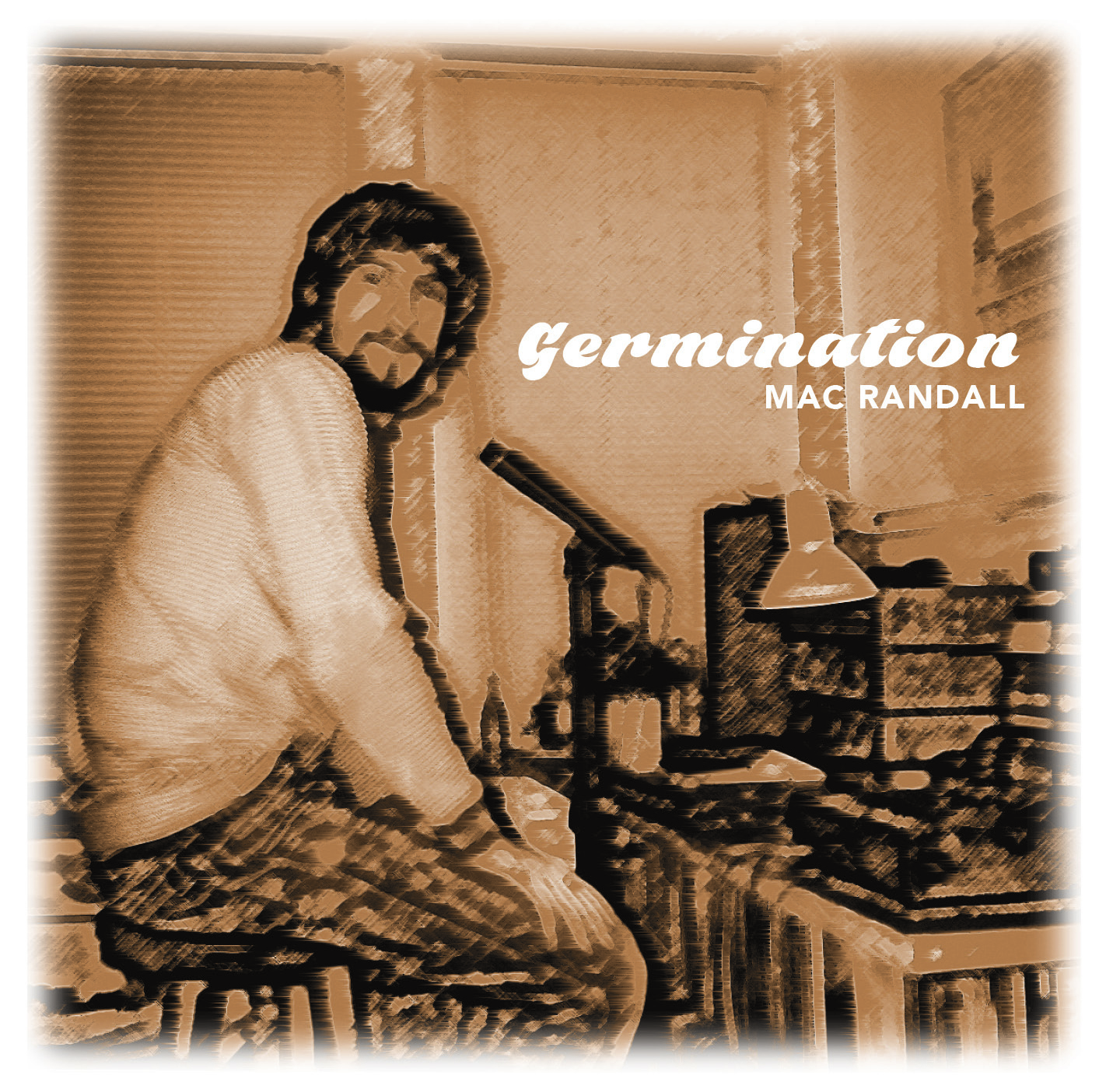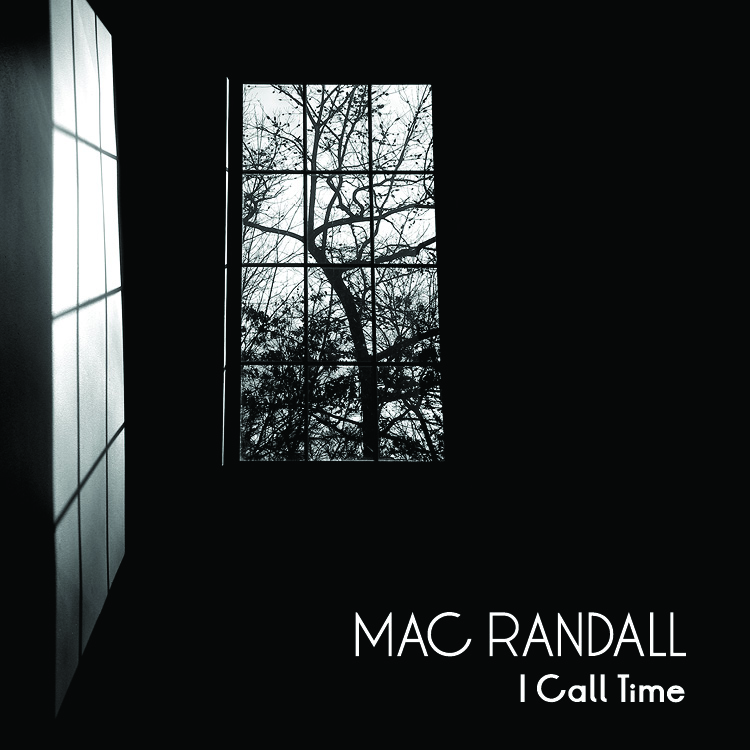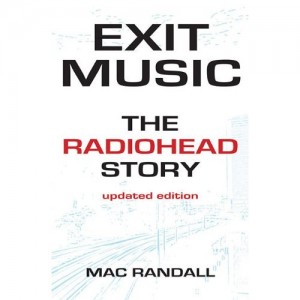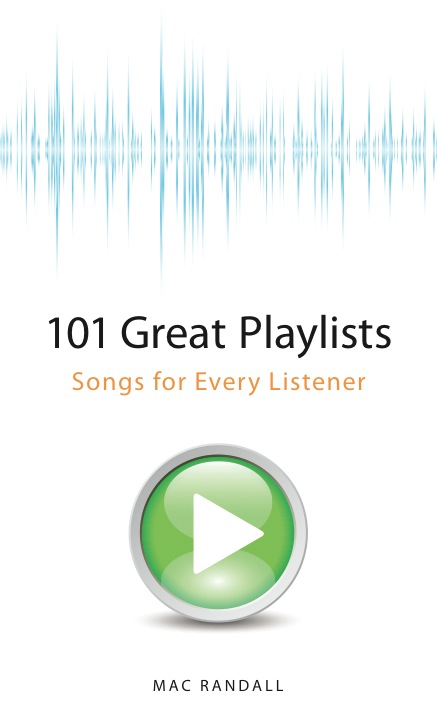Not all good things come to an end, only a chosen few
 I just finished reading Elvis Costello’s autobiography, Unfaithful Music & Disappearing Ink, which I’d been looking forward to for a long while. Overall, it was worth the wait. Anyone who cares about even a small segment of the vast Costello catalog probably won’t be surprised to learn that he’s as skilled a prose stylist as he is a lyricist. Although I had some minor problems with the book’s hop-skip-and-jump structure, I really enjoyed it…
I just finished reading Elvis Costello’s autobiography, Unfaithful Music & Disappearing Ink, which I’d been looking forward to for a long while. Overall, it was worth the wait. Anyone who cares about even a small segment of the vast Costello catalog probably won’t be surprised to learn that he’s as skilled a prose stylist as he is a lyricist. Although I had some minor problems with the book’s hop-skip-and-jump structure, I really enjoyed it…
…until about page 550, the part following his father’s death (which he writes about beautifully). For the next 100 pages or so, the crosscutting in time from one event to another gets dizzying, and the significance of many of these events grows questionable. Any wider sense of narrative is overwhelmed by Costello’s compulsion to mention every celebrity he’s ever been in the same room with, whether or not he has anything interesting to say about them. He also starts quoting his own lyrics way too much, as if they can explain more than “normal” words, a tactic that feels suspiciously like obfuscation. The last couple of dozen pages wrap things up nicely, but by then it’s hard to fully re-engage.
What happened to make this part of the book such a slog? Fatigue? Not knowing when to stop? An overly lenient editor?
The fact that the letdown starts where it does seems important. For hundreds of pages, the centrality of Ross MacManus in his son’s life has been made plain: as an exemplary working musician, as a failed husband, as a loving presence, as a puzzling absence, as a role model both positive and negative, sometimes simultaneously. Could it be that, once his father’s story had been concluded, Costello was at a loss to tell the rest of his own? A few touching lines suggest that this might be the case. Here’s EC trying to explain why he started telling people early in the 2010s that he was giving up recording for good:
“The real reason was that I needed time to imagine how I could bear to write songs and not be able to play them for my father.
“Watching him listen to music was irreplaceable to me.
“There are some things that music just can’t fix.”
If you enjoy Costello’s work, you’ll get a whole lot out of Unfaithful Music & Disappearing Ink (including the section quoted above). Just be prepared to do a little skimming here and there.






